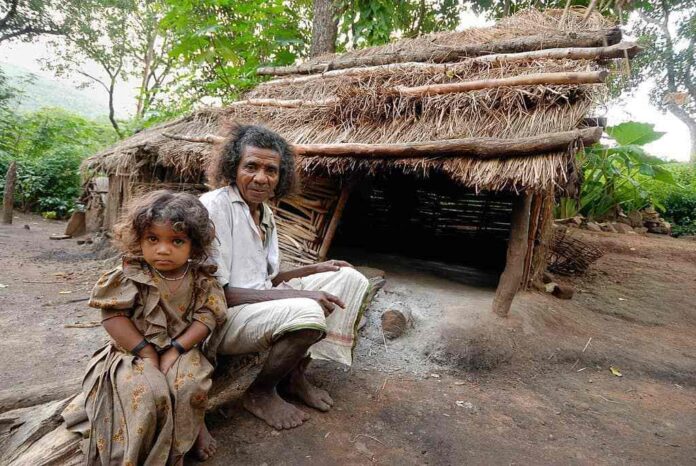While the problem of affordable child care is a challenge across the country, it is an especially severe issue in Montana’s tribal communities. Although state programs like Best Beginnings are intended to offer financial assistance to families in need, these programs lack cultural and legal understanding when interacting with Indigenous communities. This results in an ever-bigger void between the families who should pay the least and those who can pay the most, when it comes to childcare accessibility.
The Case of Lodge Grass and the Crow Reservation
Little Chickadee Early Learning Center in Lodge Grass on the Crow Reservation is a vivid example of this issue. Located in the community, it is the only daycare in the community, with the nonprofit Mountain Shadow Association opening it in January. Because local families were facing financial strains, the center anticipated that the Best Beginnings scholarship program would be their primary means of funding those in need. Things didn’t however, go as planned. None of their scholarship applications were approved as of April and forced the center to work for four months without the rent money.
According to Executive Director Megkain Doyle, it’s due to ‘systemic mismatches’ in requirements between the state and the tribal family structure. For a caregiver, the scholarship program requires legal documentation: custody papers. Even in the tribal communities, grandparents, aunts, or uncle takes up the role of servant and caring for the person without applying for the formal position. And this cultural norm makes families ineligible for aid under rigid state guidelines.
Also read: Kanye West and Bianca Censori Reunite Amid Divorce Rumors
Systemic and Legislative Barriers
The problem is not limited to the Crow Reservation. Montana is experiencing other tribal communities that face similar struggles with the Best Beginnings system. Tribal Coordinator with the child welfare advocacy group Zero to Five, Callie Parr says the program is complex and simply not culturally aligned. The application process is confusing and discouraging to families, especially where it is drawn out as with the legal hurdles that sometimes conflict with tribal customs.
However, the progress has been slow while the state recognizes the problem. There have been some legislative attempts to address these gaps in eligibility criteria with proposals to add greater cultural relevance to the language as well as more flexibility with the eligibility criteria themselves. Zero to Five has been out in front of policymakers the group has helped facilitate a meeting between childcare advocates and the Governor’s office. Top priorities like child care expanded access to child care are words uttered by Governor Greg Gianforte, but the changes have yet to materialize.
Cultural Disconnect and Policy Misalignment
The root of the matter is cultural differences between state policy and Indigenous family systems. The progeny of tribal societies are raised communally – that’s not how the Western legal framework supporting such programs as Best Beginnings works. The mutual obligation and kinship by which many tribal families operate, however, are unwritten but deeply respected by the state where it deems a need for documented legal guardianship. Many families are so fundamentally misaligned that they can’t even apply for assistance.
The Human Impact and Path Forward
The consequences are significant. This leaves families, who would like to have child care but cannot afford it, with the untenable choice between forgoing child care altogether or using unregu Unfortunately, Little Chickadee, along with other centers filled by communities’ strong need, are left financially vulnerable. Temporarily keeping their doors open has been much owed to philanthropic support, but this is not sustainable and requires systemic reform.








